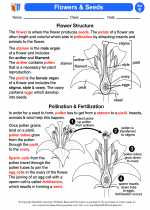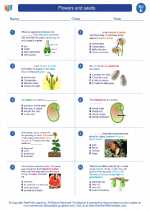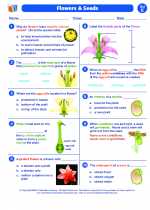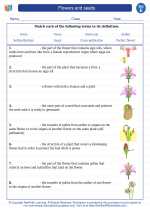What are Proteins?
Proteins are large, complex molecules that are essential for the structure, function, and regulation of the body's tissues and organs. They are made up of smaller units called amino acids, which are linked together in a specific sequence to form a unique protein.
Functions of Proteins
Proteins have a wide range of functions in the body, including:
- Structural Support: Proteins such as collagen and keratin provide structure and support to tissues like skin, hair, and nails.
- Enzymes: Many proteins act as enzymes, which are biological catalysts that facilitate and regulate chemical reactions in the body.
- Transport: Some proteins, like hemoglobin, transport important molecules such as oxygen in the blood.
- Immune Function: Antibodies are specialized proteins that help the body defend against foreign invaders like viruses and bacteria.
- Hormones: Certain proteins, like insulin, act as signaling molecules that regulate various physiological processes.
Sources of Protein
Protein is found in a variety of foods, including:
- Meat and poultry
- Fish and seafood
- Dairy products like milk, cheese, and yogurt
- Eggs
- Legumes such as beans, lentils, and chickpeas
- Nuts and seeds
- Tofu and other soy products
Study Guide
- What are proteins made of?
- What are the functions of proteins in the body?
- List three sources of protein.
- What is the role of enzymes in protein function?
- How do proteins contribute to immune function?
◂Science Worksheets and Study Guides Fifth Grade. Flowers and seeds
Study Guide Flowers and seeds
Flowers and seeds  Activity Lesson
Activity Lesson Flowers & Seeds
Flowers & Seeds  Worksheet/Answer key
Worksheet/Answer key Flowers and seeds
Flowers and seeds  Worksheet/Answer key
Worksheet/Answer key Flowers and seeds
Flowers and seeds  Worksheet/Answer key
Worksheet/Answer key Flowers and seeds
Flowers and seeds  Worksheet/Answer key
Worksheet/Answer key Flowers and seeds
Flowers and seeds  Vocabulary/Answer key
Vocabulary/Answer key Flowers and seeds
Flowers and seeds  Vocabulary/Answer key
Vocabulary/Answer key Flowers and seeds
Flowers and seeds 

 Activity Lesson
Activity Lesson
 Worksheet/Answer key
Worksheet/Answer key
 Worksheet/Answer key
Worksheet/Answer key
 Worksheet/Answer key
Worksheet/Answer key
 Worksheet/Answer key
Worksheet/Answer key
 Vocabulary/Answer key
Vocabulary/Answer key
 Vocabulary/Answer key
Vocabulary/Answer key

The resources above cover the following skills:
Life Science
All organisms have structures and systems with separate functions. Students can:
Develop and communicate an evidence-based scientific explanation of the role of different organs or structures that are important for an organism's survival - in both plants and animals